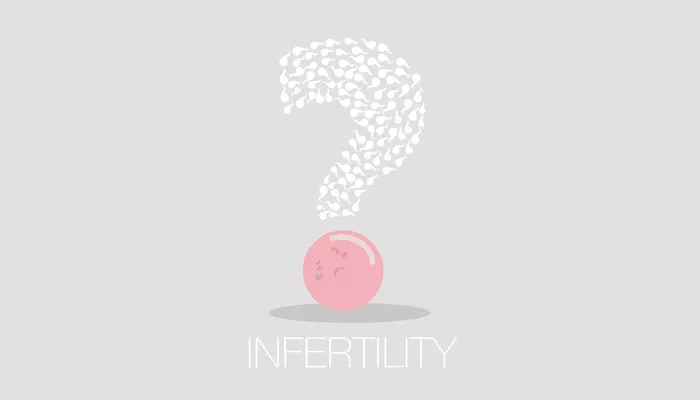Infertility has become a growing global concern, impacting both men and women and prompting medical professionals to find solutions that address the challenges couples face in starting a family. As societal norms evolve, many women are delaying motherhood in favor of academic and career pursuits, raising awareness about the biological timeline and its implications for fertility.
Dr. Edem Hiadzi, a leading fertility expert at Ghana’s Lister Hospital and Fertility Center, emphasized the importance of understanding a woman’s biological clock, particularly when it comes to egg quality. Speaking at a recent training session in Dar es Salaam focused on infertility and diabetes, Dr. Hiadzi warned that fertility declines significantly after the age of 35, making conception more difficult for women in their late 30s and beyond.
He explained, “The best reproductive years for women are between 18 and 35, after which egg quality starts to decline. Unlike men, who produce sperm throughout their lives, women are born with a finite number of eggs. As a result, most women struggle to conceive after 35, even with assisted reproductive technologies like IVF.”
Dr. Hiadzi also advised women considering advanced degrees or career advancement to plan for motherhood during their peak reproductive years. He stressed, “Education can be pursued at any stage of life, even after menopause, but the window for having children is limited. Women should consider balancing these priorities wisely.”
While the emphasis has historically been placed on female fertility, Dr. Hiadzi stressed that infertility is a shared responsibility between men and women. “Infertility is a 50/50 issue—40% of cases are attributed to women, 40% to men, 15% to both, and 5% remain unexplained,” he explained. He encouraged couples experiencing difficulties conceiving to undergo medical assessments together, as past pregnancies do not guarantee future fertility.
In addressing concerns about blood type compatibility, Dr. Hiadzi clarified that while genetic factors can affect fetal development, they are not a direct cause of infertility. He noted that infertility rates are generally lower in Africa than in Western countries, with many African couples having children despite blood group incompatibility.
Dr. Hiadzi further discussed diagnostic tools for women interested in evaluating their fertility, mentioning the Anti-Müllerian Hormone (AMH) test and transvaginal ultrasound as effective methods for assessing egg count. The AMH test measures hormone levels in the blood to estimate the number of viable eggs, while an ultrasound allows specialists to visually count the follicles in the ovaries.
Beyond medical advice, local perspectives on infertility are equally important. Gerald Nalugendo, an accountant at Kibaha Health Center, emphasized the importance of women being aware of the biological limitations of childbearing. “Education is crucial, but women must be mindful of their fertility window. After 35, conceiving becomes more difficult, and health risks increase,” he warned.
Tanzanian gospel singer Christina Francis called for more male involvement in infertility education programs. “Men often neglect fertility awareness, and it’s essential to involve them in these conversations, whether at work or in other sectors. Breaking down societal expectations that burden women with infertility issues alone is critical,” she said.
Journalist James Kamala urged couples to address fertility challenges collaboratively, without placing blame. “Mutual understanding is key to seeking solutions,” he said.
Additionally, Dar es Salaam resident Mr. Livingstone Gusowa cited the role of ignorance and outdated traditions in hindering male participation in fertility discussions. “By encouraging regular check-ups and shared responsibility, we can improve outcomes for couples,” he noted.
According to a World Health Organization (WHO) report, approximately 17.5% of the global adult population, or about one in six people, faces infertility. This underscores the need for accessible, high-quality fertility care and broader awareness around the emotional, financial, and societal impacts of infertility. Recognizing infertility as a shared issue between partners can improve outcomes, reduce stigma, and foster healthier family planning practices worldwide.
Related topics:
Raising Awareness for Endometriosis: A Silent Struggle for Women
Lack of Regulation in Africa’s Sperm Donor Industry Risks Ethical Violations and Exploitation
IVF and the Ethical Dilemmas Surrounding Life and Reproductive Practices























